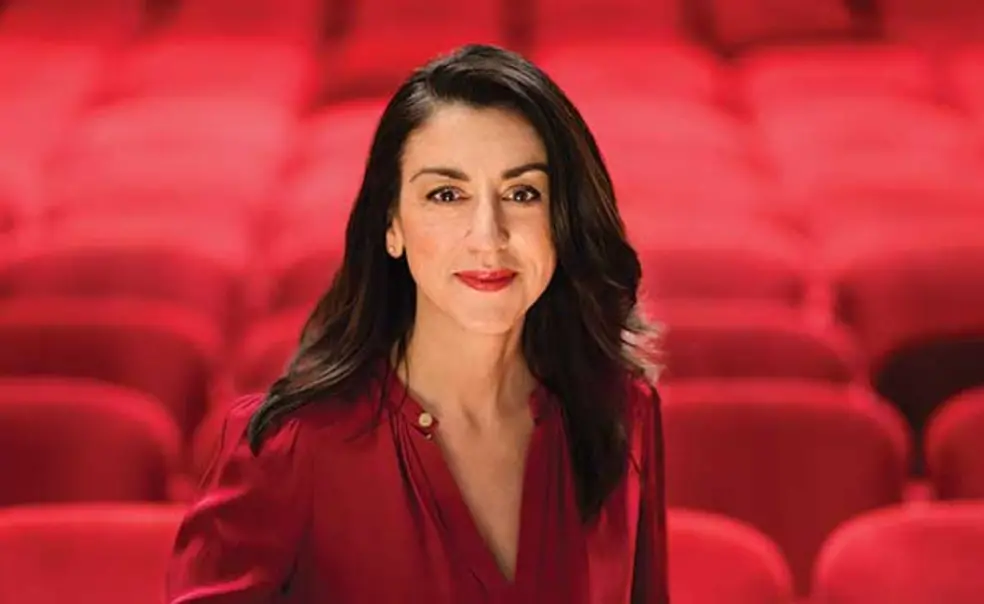Spotlight on Migration: University Research Project Inspires Plays in Partnership With McCarter
As part of a three-year University project to study migration, McCarter Theatre Center — in partnership with the Princeton Institute for International and Regional Studies — will bring to the stage readings of five short plays on the nature of migration, how it is represented culturally, and the ways in which it shapes the world around us.
The Migration Plays will be read April 14 at 2 p.m. on the Matthews stage. The event is free and open to the public, with reservations required. McCarter commissioned the works from playwrights who are intimately familiar with the subject of immigration.
Adam Gwon’s play asks: What is it like to sacrifice everything you know to give your children a better life?
The plays were inspired by a project called “Migration: People and Cultures Across Borders,” conducted by 35 Princeton faculty members in more than a dozen fields along with graduate and undergraduate students. The program has examined why people become stateless, how migrants acclimate, and how cultures respond to migrant flows.
Since 2018, the authors of The Migration Plays have met with professors and students, attended seminars, and explored the campus to gain inspiration. Directing the plays is Elena Araoz, a lecturer in theater at Princeton who is a professional theater and opera director.
“Sometimes when we look at this issue through the data, we don’t perceive the human struggle,” Araoz says. “What’s so wonderful about these plays is that by watching these characters — with their fears, their senses of humor, their loves — the audience starts to realize, ‘That person is a little bit of me.’”
The Migration Plays: Crossing Borders
Early Decision by Adam Gwon
Getting into his dream college is all that high-school senior Owen Li can think about until long-kept family secrets are revealed and threaten everything he holds dear. Gwon’s grandparents fled persecution in their home countries. His play, he says, asks: “What is it like to sacrifice everything you know to give your children a better life?”
Museum by Martyna Majok
An art museum docent takes the audience on a tour through his galleries, begging the questions: How did we get where we are, and what remains after we’re gone? Majok, who was born in Poland, won the 2018 Pulitzer Prize for Drama for her play Cost of Living and this year is a Hodder Fellow at the Lewis Center for the Arts.
Solomon’s Pools by Heather Raffo
Two women in a Palestinian refugee camp ponder the meaning of home and ownership in a world that is increasingly governed by commodities, money, and power. Raffo, an American with Iraqi roots, has witnessed her family “scattered across the world as global refugees” due to the war in Iraq, she says.
The Family by Mfoniso Udofia
Language is a vehicle of both connection and division in a story that follows a young African woman and her family as they navigate the unexpected in their new American homeland. Raised by Nigerian immigrants, Udofia writes “about and for immigrants so that we can see ourselves represented both onstage and in the wider media,” she says.
The Monkey with the Green Tail: A Migration Story by Karen Zacarías
A college art instructor addresses her class about a recent incident of hateful graffiti on campus by sharing her personal journey in a narrative that interweaves fiction and reality. Zacarías, who emigrated from Mexico, says, “When I was 10, we put all the belongings that could fit in our car and crossed the border. What happened after would change not only our lives, but eventually affect the lives of millions of people.”












No responses yet